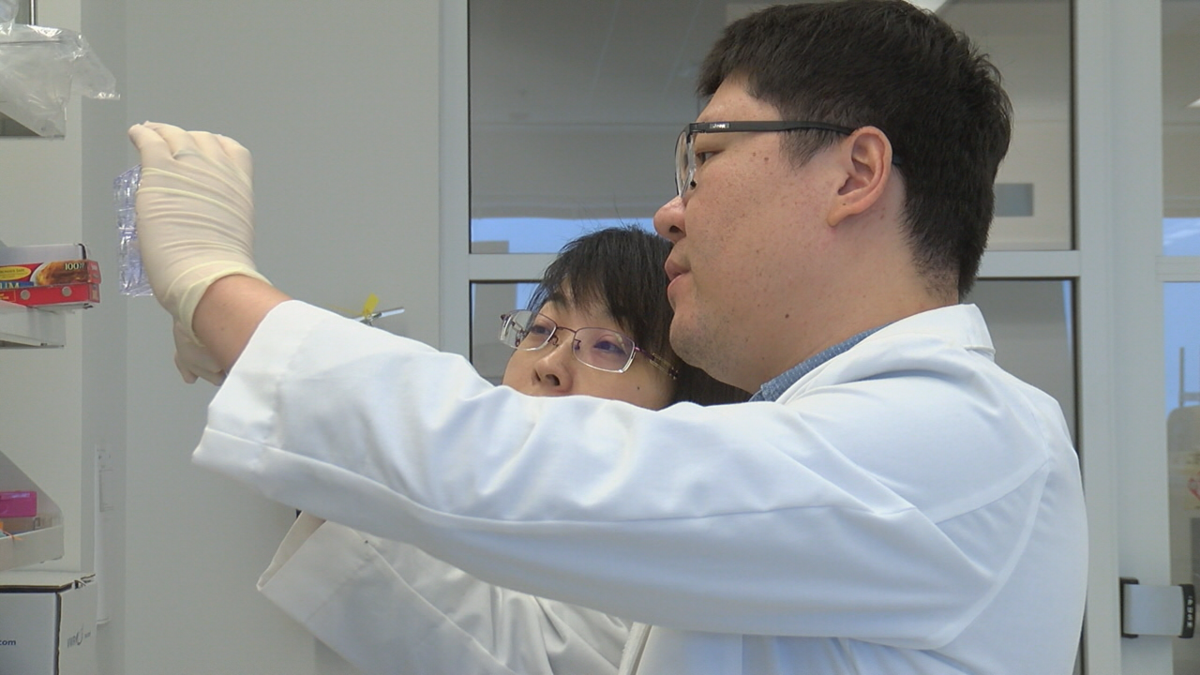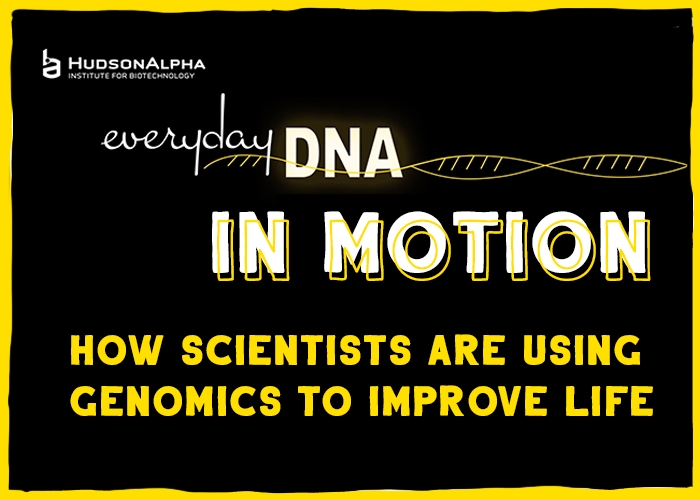Huntsville, Ala. – The HudsonAlpha Institute for Biotechnology’s Le Su, PhD, received $25,000 in support from the 2018 AACR-Bayer Innovation and Discovery Grant to study a genetic mutation common across all cancer types.

Le Su, PhD, Junior Fellow at HudsonAlpha
Bayer and the American Association for Cancer Research (AACR) created the “AACR-Bayer Innovation and Discovery Grants” to encourage the translation of ideas from basic research into new treatment options for cancers with high unmet medical need.
This grant will allow Su’s lab to examine mutations in the p53 gene that appear in more than half of all human cancer cases. The p53 gene encodes a protein that typically suppresses tumor formation but when it mutates, the gene can become a driver of malignancy. Instead of preventing tumors, the mutated protein starts to promote them. Su will study how mutant p53 proteins bind with other proteins, changing their role in the body.
Mutations in the p53 gene are not specific to any particular type of cancer, meaning that discoveries made about its role in the process of generating cancerous tumors could become a part of further research to create treatments with potential across multiple types of cancer.
“We believe this gene has a lot to tell us about tumor promotion and cancer on the whole,” Su said. “With this grant, we’ll be able to interrogate our current understanding of how p53 contributes to malignant tumors and, potentially, where we should look for an answer.”
The subject matter already shows a level of promise from other treatments currently in the testing phase. A treatment known as a c-MET inhibitor is currently going through clinical trials. The c-MET inhibitors are designed to combat tumor growth. The biological pathway that c-MET inhibitors are aimed at addressing has also been associated with the variations in the p53 gene, meaning that it’s possible the treatments could have an even broader application than currently known.
A more complete understanding of variants in the p53 gene and their functional impact on the p53 protein could give us wide-ranging insight into the process that creates malignant tumors in the body.
Research supported by the 2018 AACR-Bayer Innovation and Discovery Grant
About HudsonAlpha: HudsonAlpha Institute for Biotechnology is a nonprofit institute dedicated to developing and applying scientific advances to health, agriculture, learning, and commercialization. Opened in 2008, HudsonAlpha’s vision is to leverage the synergy between discovery, education, medicine, and economic development in genomic sciences to improve the human condition around the globe. The HudsonAlpha biotechnology campus consists of 152 acres nestled within Cummings Research Park, the nation’s second largest research park. The state-of-the-art facilities co-locate nonprofit scientific researchers with entrepreneurs and educators. HudsonAlpha has become a national and international leader in genetics and genomics research and biotech education and includes more than 30 diverse biotech companies on campus. To learn more about HudsonAlpha, visit hudsonalpha.org.
Media Contact:
Margetta Thomas
mthomas@hudsonalpha.org
256-327-0425


